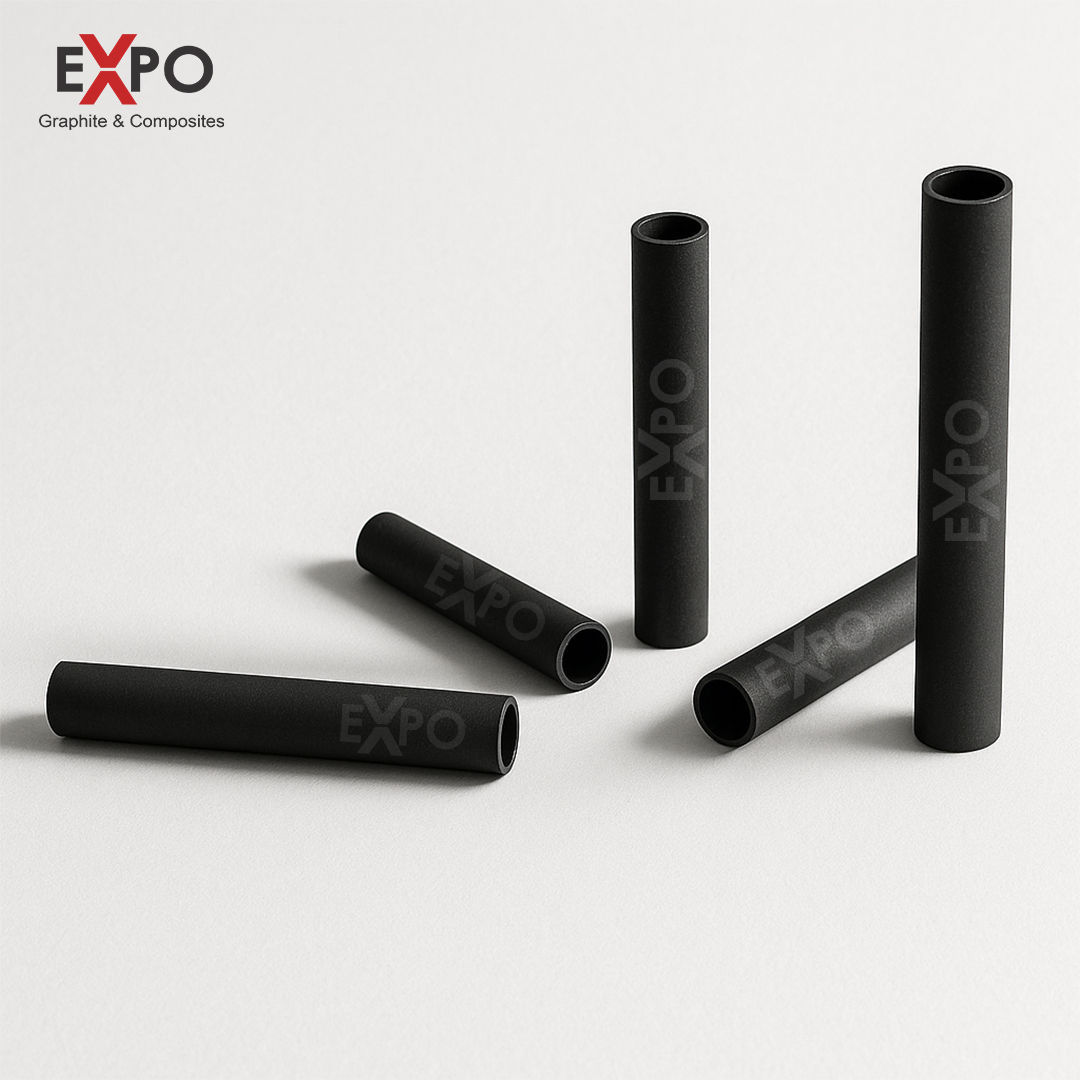
Isostatic Graphite Tubes
Isostatic Graphite Tubes are strong tubes made by pressing graphite evenly from all sides. This makes them very solid and smooth. They can handle high heat, pressure, and chemicals. These tubes are used in factories like electronics and metalwork. They last a long time and help machines work better.
Description
Isostatic graphite tubes are a special type of graphite product made using a method called isostatic pressing. This means graphite powder is pressed evenly from all directions using very high pressure. This process makes the graphite very strong, pure, and smooth, giving it better quality than regular graphite.
Because of these great features, isostatic graphite tubes are used in many industries where heat, pressure, and chemical resistance are important.
Features of Isostatic Graphite Tubes
- Very Pure: These tubes are made from very clean graphite material. The amount of impurities is very low. This high purity makes them perfect for industries that need clean materials, like electronics or semiconductors.
- Good Heat Conduction: Isostatic graphite tubes can transfer heat very well. This makes them useful in machines or systems that work at very high temperatures. They heat up quickly and evenly.
- Strong and Hard: These tubes are very strong. They don’t break or change shape easily, even under high heat or pressure. They can work for a long time without getting damaged.
- Resistant to Chemicals: Isostatic graphite doesn’t get damaged easily by strong chemicals like acids or alkalis. This means it can be used in chemical factories or labs safely.
Where Are They Used?
- High-Temperature Furnaces: These tubes are often used inside furnaces that work at very high heat, sometimes up to 3000°C. They help heat materials like ceramics and metals evenly.
- Semiconductor Manufacturing: Because they are very pure and stable, they are used in making computer chips and other electronics. They help carry out processes like coating and heat treatment.
Chemical Industry
Isostatic graphite tubes can handle harsh chemicals, so they are used in plants that make things like chlorine or acids. They last long and don’t rust or corrode.
